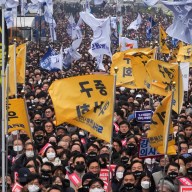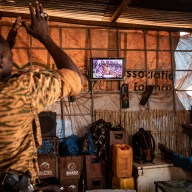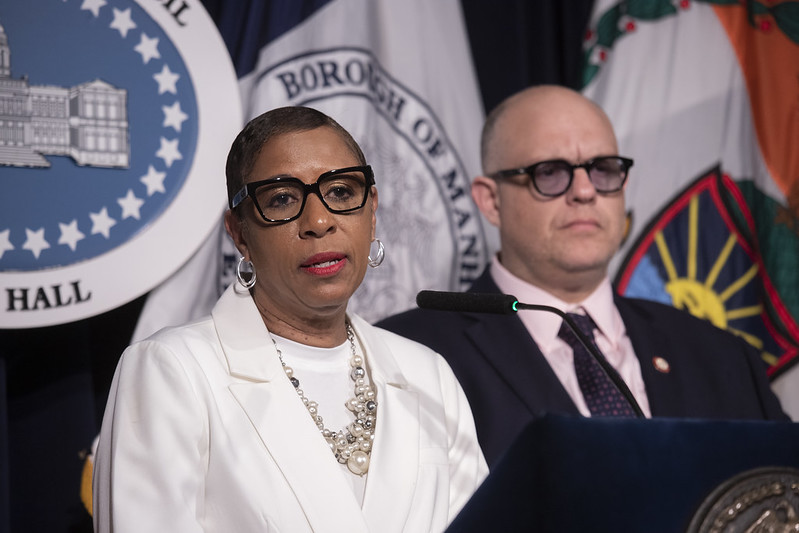By Francesco Canepa
BUENOS AIRES (Reuters) – Germany and Argentina want to uphold a pledge to keep international trade free at a summit of the world’s 20 largest economies in Buenos Aires this week, the countries’ finance ministers said on Sunday.
A multi-decade-old international consensus over trade has come under threat from U.S. President Donald Trump’s protectionist stance, which includes plans to impose tariffs on steel and aluminum.
But representatives from Europe’s largest economy, Germany, and host country Argentina will stand by free trade at a G20 summit on March 19-20, where they will insist on reaffirming the language of the group’s previous gathering.
This stressed “the crucial role of the rules-based international trading system.”
“We aim to reach an agreement in terms of maintaining the wording of the Hamburg communique (about) sustaining the benefits of free trade,” Argentina’s Treasury Minister Nicolas Dujovne said.
His words were echoed by Germany’s new Social Democratic finance minister Olaf Scholz, who was speaking alongside him at a press conference after a bilateral meeting.
Their comments confirm a draft of the communique exclusively seen by Reuters last week.
Speaking to reporters earlier, Scholz had also warned that protectionism could harm future economic prospects and said Germany would continue talks to dissuade the United States from imposing planned punitive tariffs.
Speaking to a German TV channel, Germany Economy Minister Peter Altmaier, who is responsible for trade, cautioned it was unclear if differences between Washington and Brussels could be resolved by the end of the week.
The U.S. tariffs are due to take effect on March 23.
In Buenos Aires, Scholz also pledged to invest more in Germany’s public infrastructure – something Germany’s European partners have long called for in hopes it would help stimulate the region’s economy as a whole.
“Germany is a very strong economy and the new government will invest a lot to… increase the investment in the public infrastructure, which is part of the debate we have all over the world,” Scholz said.
This marked a departure from his predecessor, austerity champion Wolfgang Schaeuble.
(Reporting by Francesco Canepa; Additional reporting By Gernot Heller in Buenos Aires and Andrea Shalal in Berlin; Editing by Andrea Ricci)


















